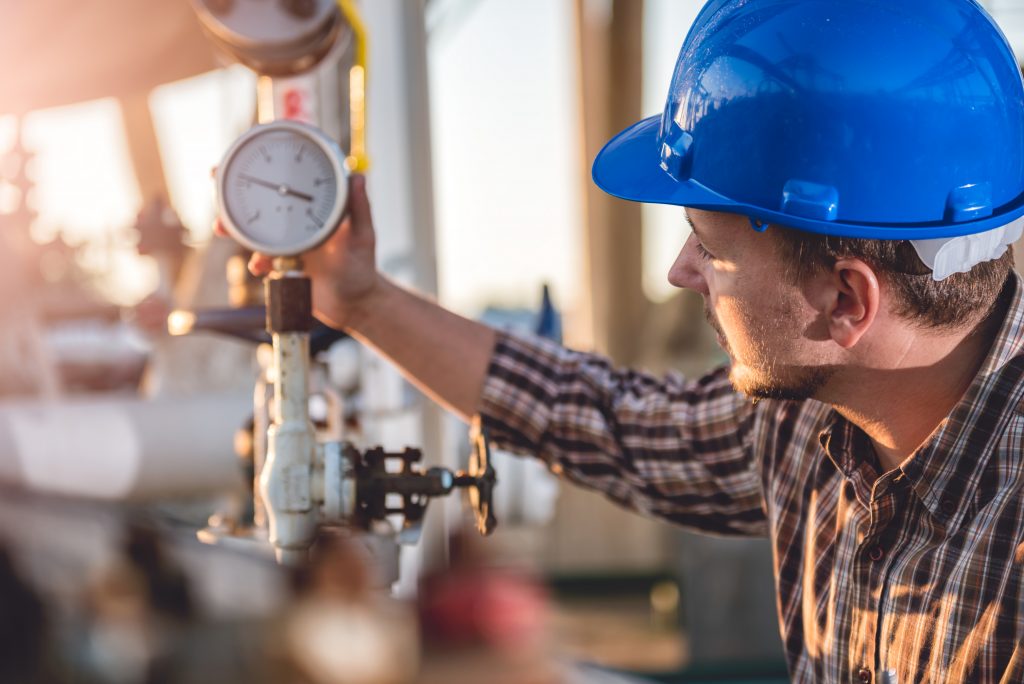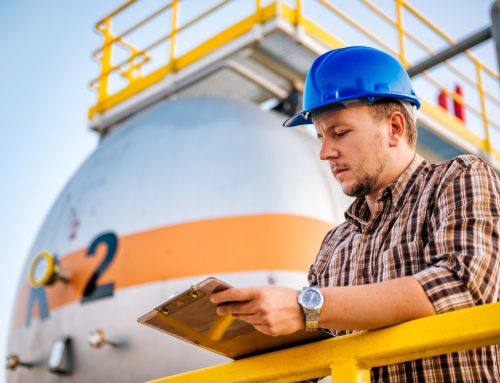Performing a regular propane system inspection by a qualified professional will keep the system in great shape. You can rest easy knowing that your appliances, propane tank, and other components are running smoothly. Let’s find out what the inspection entails.
[bctt tweet=”Here are the steps to expect during a propane system inspection. #PropaneSpecialty #propanesystem #inspection” username=””]
What does a propane system inspection look like?
Propane system inspection is the first line of defense against potential leaks and other issues. You need to hire a reputable propane specialist to test residential and commercial propane systems for possible malfunctions.
- Check safety controls
- Test fuel lines
- Visual inspection
- Avoid production loss, fees, and a forced shutdown from OSHA, Federal or State Regulators
- Detailed inspection report
- Corrective action plan
1) Check safety controls
During a propane system inspection, safety should be your top concern. A professional will test all the system’s safety controls to ensure that they are working more efficiently. The expert will notify you about all the safety concerns to be addressed promptly.
2) Test fuel lines
If you suspect a possible leak in your propane system, you should contact a propane expert to inspect and test the entire system. They will test all the fuel lines and appliances for signs of possible leaks. Such leaks pose significant risks to your life.
3) Visual inspection
When you get a propane specialist to inspect your propane system, they will perform a visual inspection to check for loose fittings and rust on the tank. They will also examine the propane cylinders and tanks to ensure they are in good shape.
4) Avoid production loss, fees, and a forced shutdown from OSHA, Federal or State Regulators
By performing a propane system inspection regularly, you increase the system’s safety and compliance. That will keep you prepared for the next federal or regulatory state inspection, helping you avoid unnecessary fines and forced shutdowns by inspectors.
5) Detailed inspection report
When a professional propane specialist inspects your propane system, they will provide a comprehensive inspection report covering all the inspections conducted. The report will also have recommendations to improve the system’s functionality and safety.
6) Corrective action plan
Propane systems’ components usually require regular inspection and maintenance to pinpoint potential risks to be addressed promptly. A professional inspector will offer you a comprehensive corrective action plan to do the necessary repairs and maintenance.
Get Regular Propane System Inspections
If you use propane more often, consider performing regular propane system inspections to avoid potential risks of gas leaks and explosions. It involves checking the piping systems and propane appliances for leaks. The inspector will also check gas lines.
Connect with us to learn more about propane system inspections.




Leave A Comment